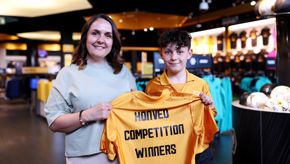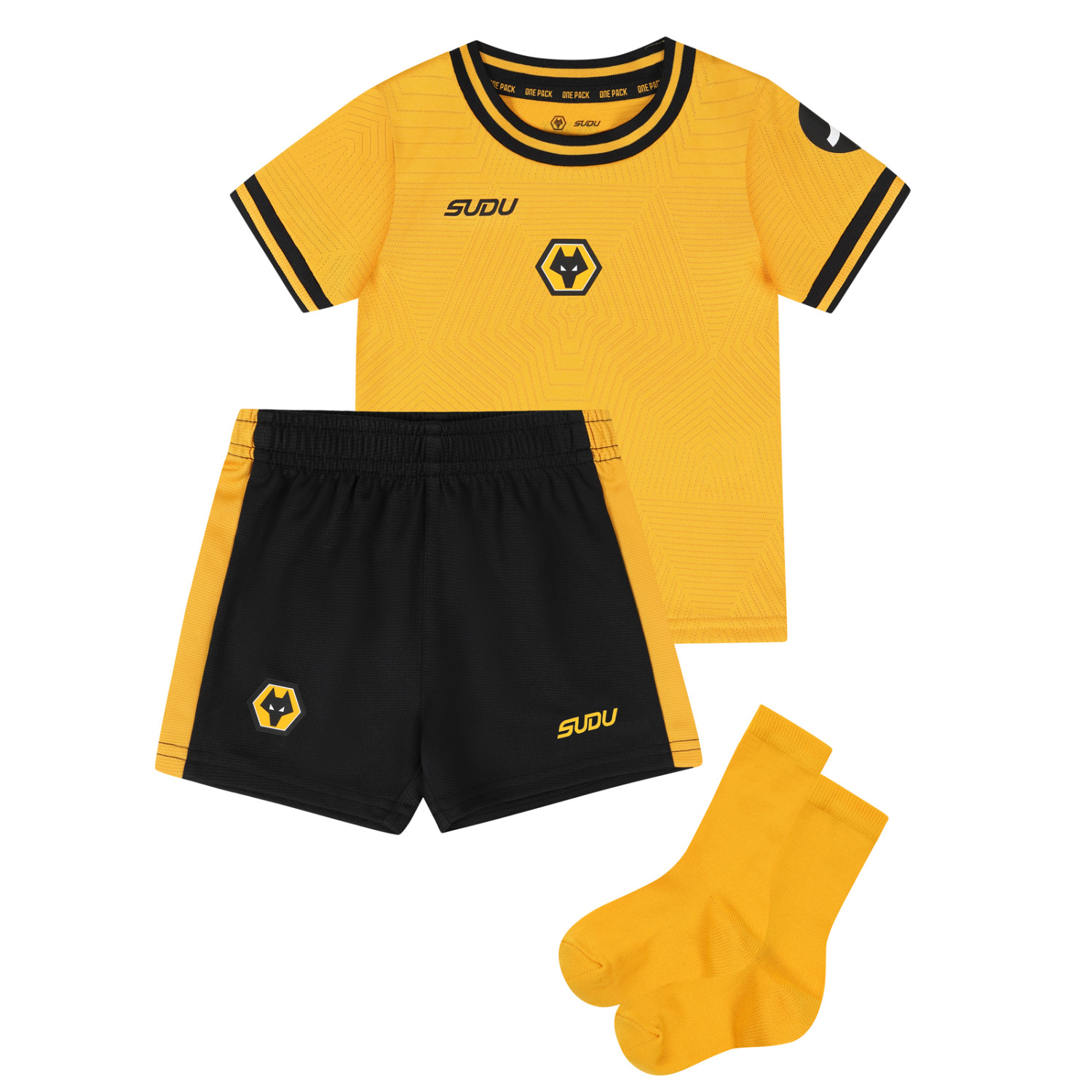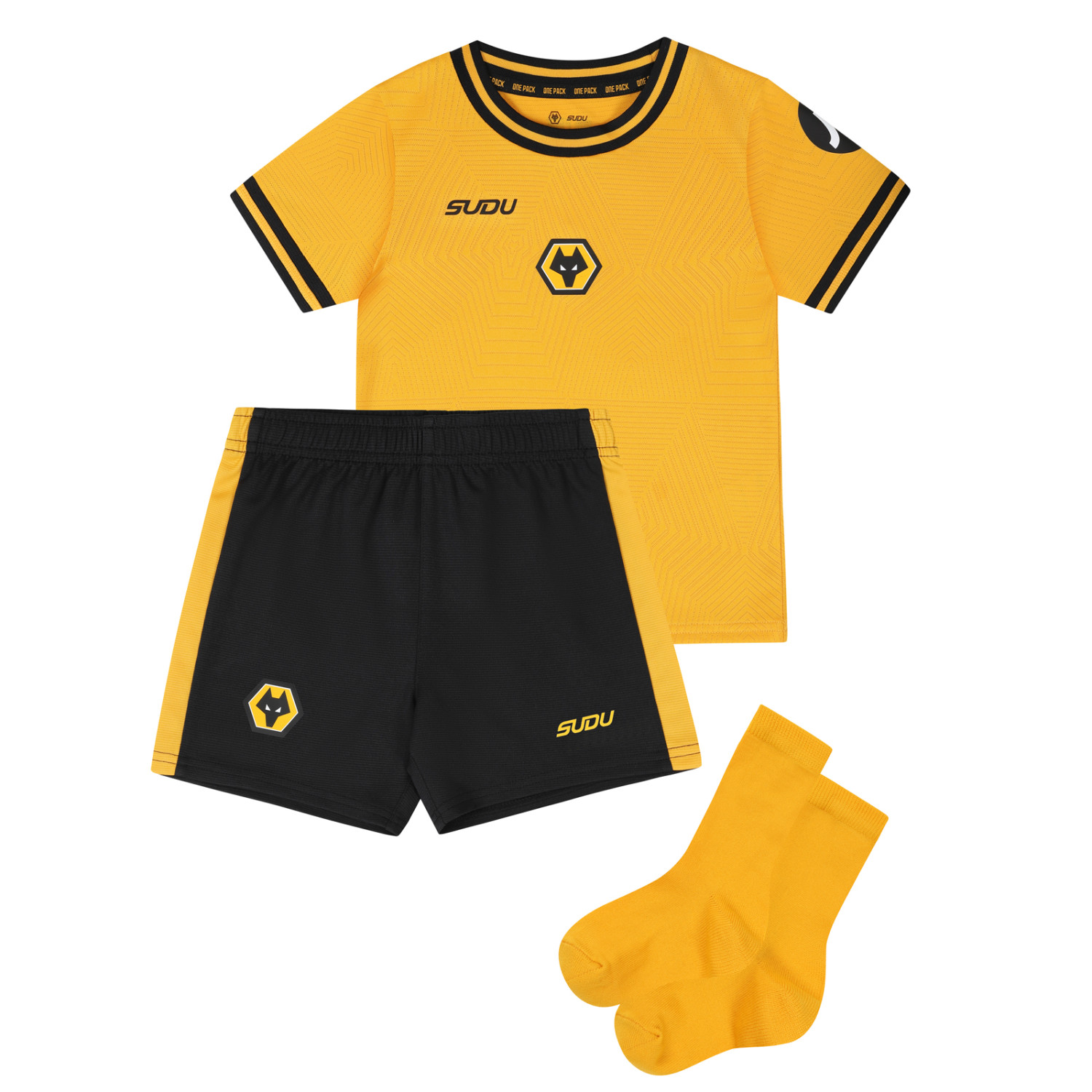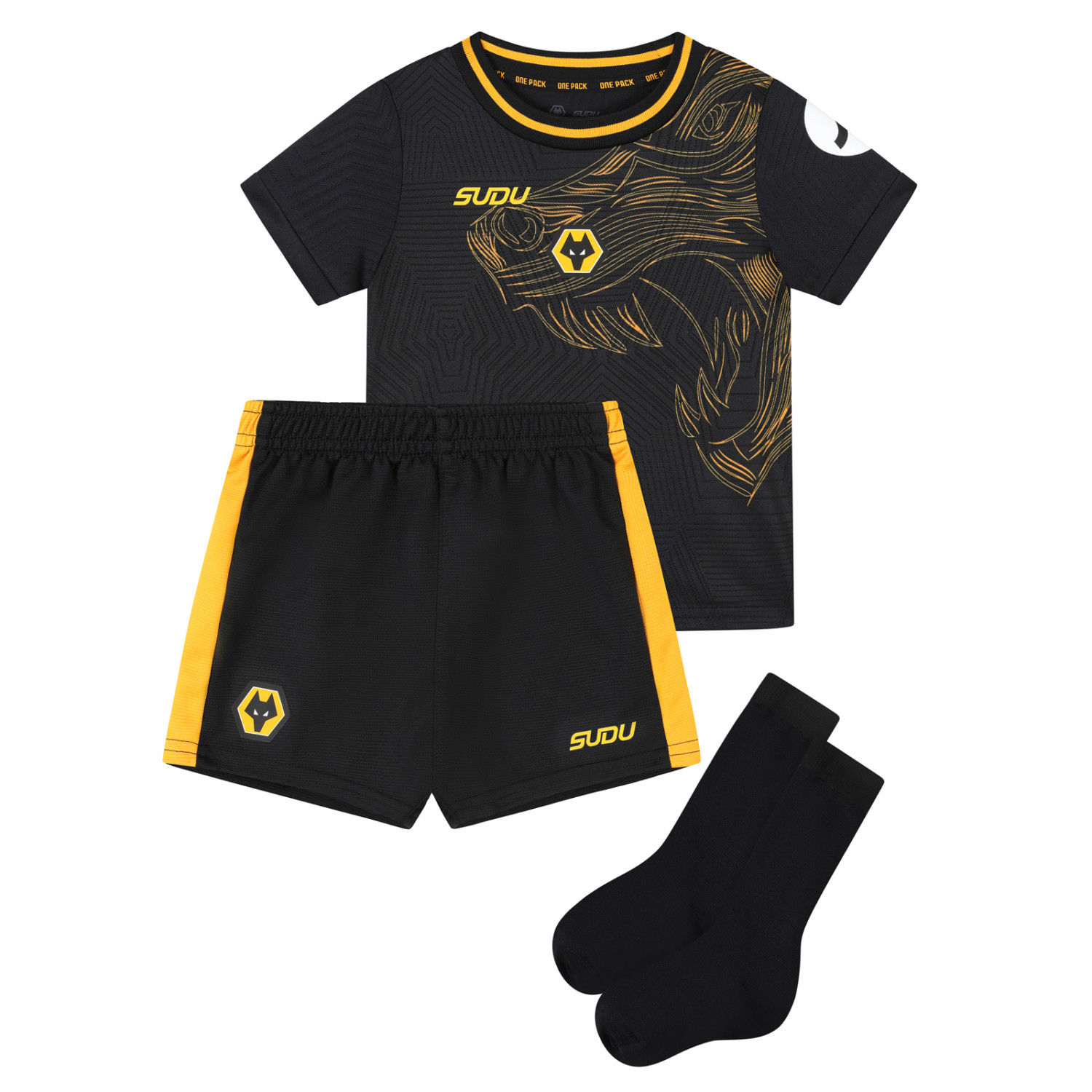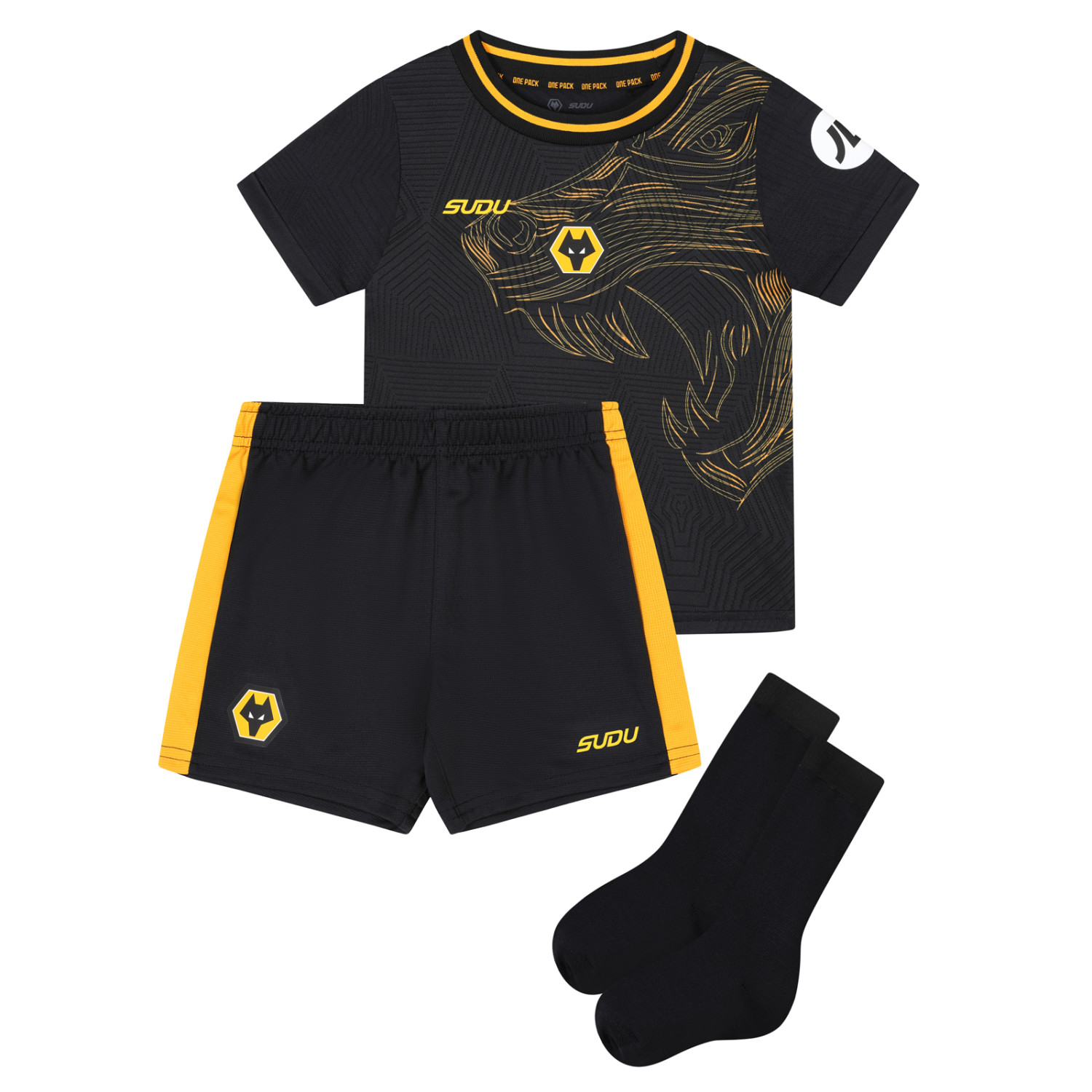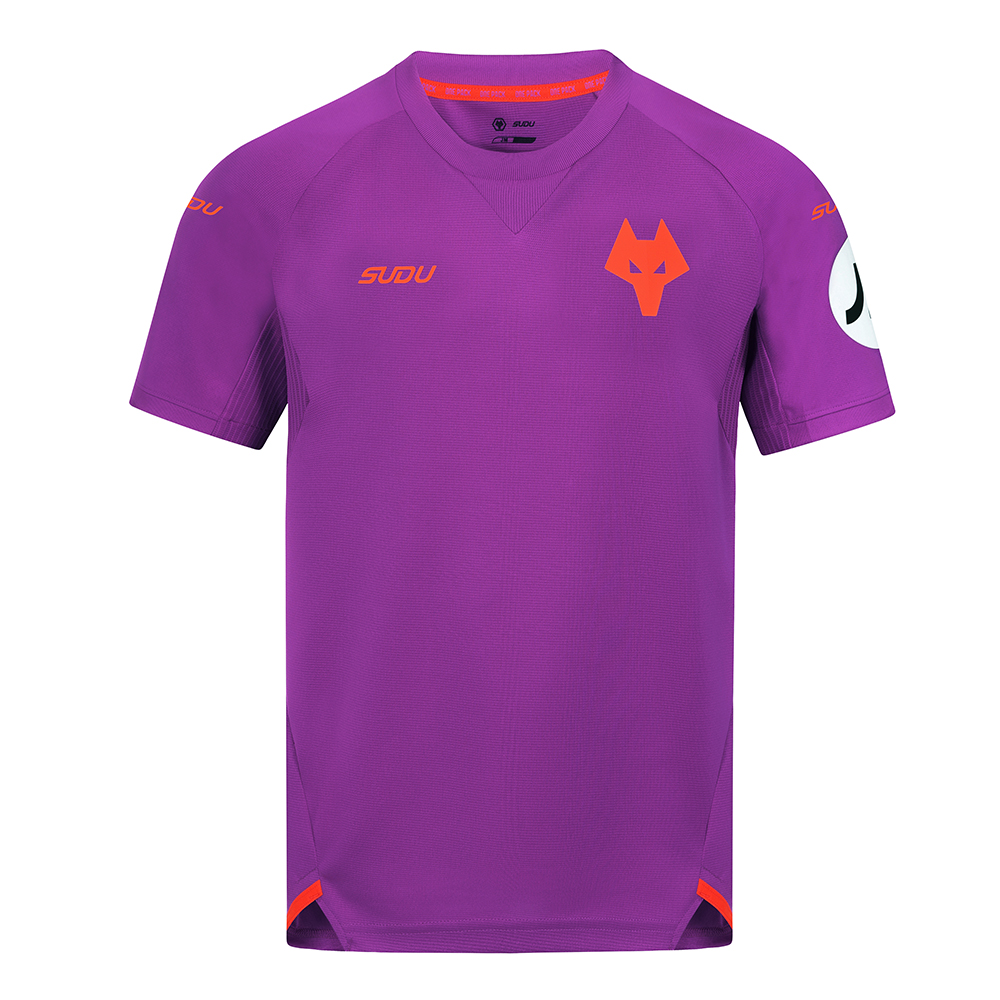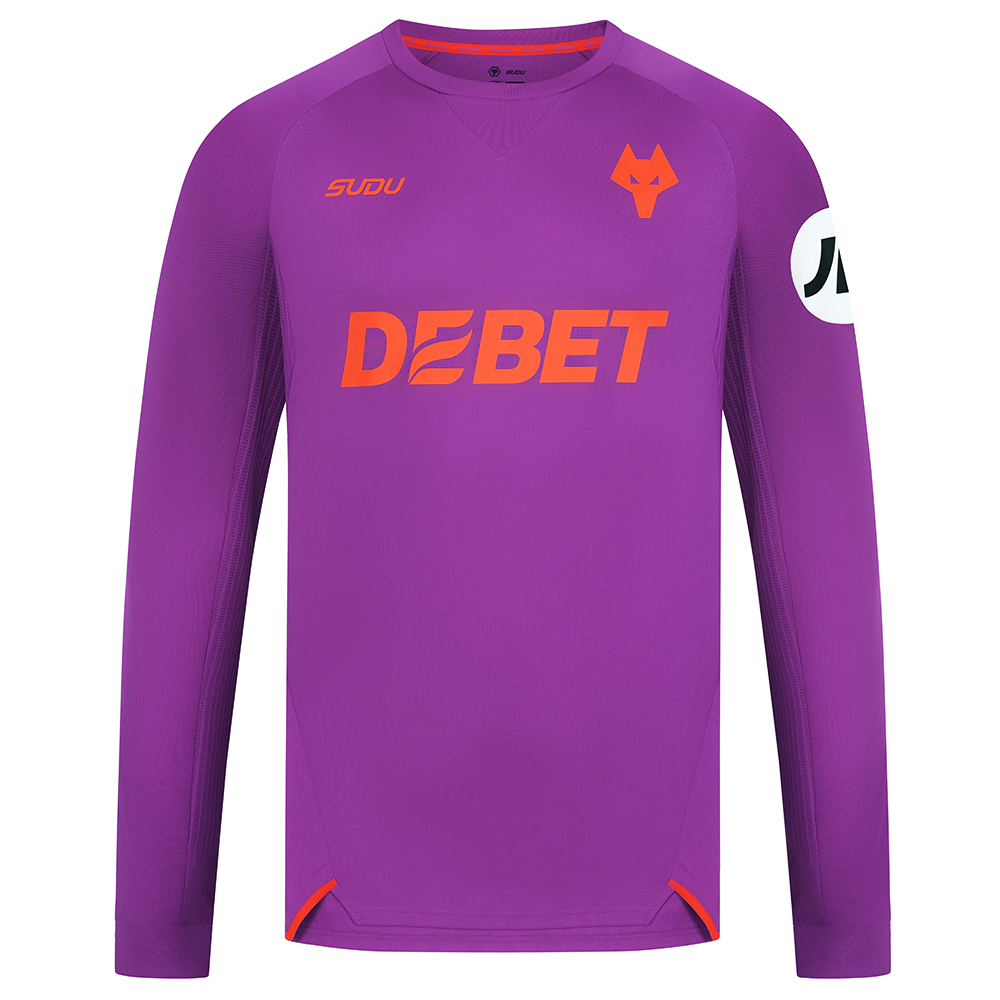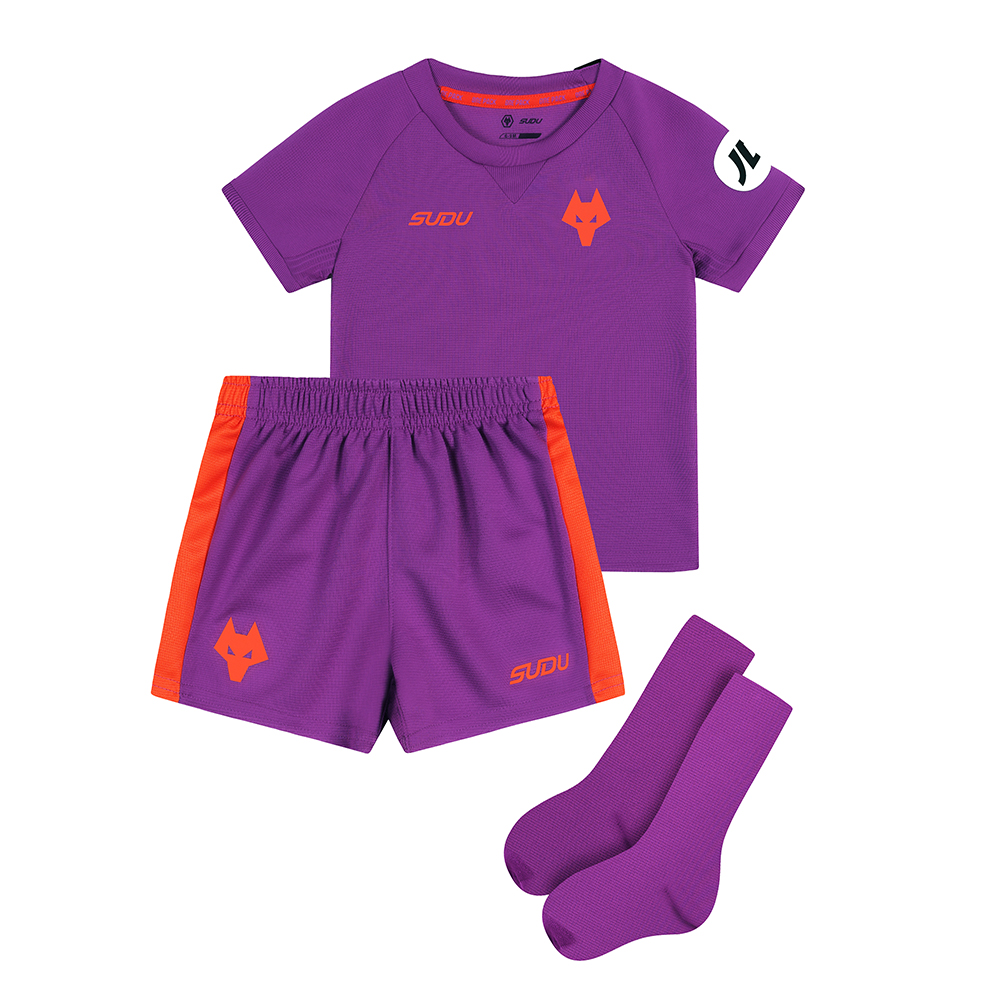WATCH
LISTEN
READ
Johnny Phillips: Steve, you oversee so much of what goes on at Molineux behind the scenes, can you give supporters a sort of brief overview of what your role involves?
Steve Sutton: Yeah, I’ve got three aspects to it really: there’s facilities, there’s safety and there’s security, the three primary roles that I cover. Facilities is mainly the general day-to-day operational side of things, so looking after the facilities, the internal mechanisms within that, the building systems, the maintenance, the cleaning and then overseeing any kind of redevelopment works, building works or refurbishments that we might do, so it’s quite varied in that respect day to day. On a safety and security point of view, there’s two angles to that: there’s the non-matchday, so looking after the people, the premises, making sure we are compliant with health and safety legislation, making sure the offices and systems of work are doing the right things, but then the bigger part is around matchday where I’m responsible for the event safety and security. So, everyone that attends Molineux and the whole operation is my responsibility, so the stewarding, the linking in with the emergency services, the police, the fire and ambulance services, to make sure that all of the events we put on at Molineux are done so safely and securely.
JP: I guess one of the big things that happened this season that really affected a lot of supporters, as well as the club in general, was the fire in the Billy Wright Stand. How are the club dealing with that at the moment?
SS: Well, we’re getting towards the end of the restoration works and I’ve got to say that the response we had from our contractors right at the very start was absolutely fantastic and they’ve been working really hard ever since to get the suite back up and running. We’re getting towards the back end of it. I think there’s some small bits and pieces to complete over the coming days, but by and large, the room’s almost ready to be reused.
JP: And how much was knocked out in terms of the corporate use and the effect it had on the club?
SS: Yeah, it was quite significant. Unfortunately, the room that was affected is one half of a bigger room. Fortunately, at the time, it was partitioned off, so the impact of the fire was limited to just the one side. The impact was massive, so half of that room has been taken out of use from a matchday hospitality point of view, but also, it’s a room that would be probably one of our main rooms for non-matchday entertaining, so parties, weddings, that kind of thing. So, of course, for the best part of half a season now, we’ve not been able to use it at all.
JP: Yeah, and also that brings us on to another question that we had from some supporters about how equipped Molineux is to deal in emergency situations and particularly with medical emergencies, which we’ve had a few of over the season in the Premier League and we’ve seen them at live matches. Is Molineux quite equipped to deal with things like this?
SS: Yeah, I’d be really confident in saying that absolutely we’re well equipped. I touched on that kind of responsibility of event-management responsibilities that I’ve got, and that all falls under legislation and regulation, so we have a safety certificate that we have to comply with. Underneath that, what underpins that, is a document called the Green Guide, a guide to safety at sports grounds, and within that it dictates various things you must have in place. So, from a medical point of view, the various different services that you should have. Just to give you an example, on a typical matchday where we’re sold out, 32,000, we’ll have two paramedic crews with ambulances for the crowd, we’ll have a crowd doctor, we’ll have 20 first-aiders from St John Ambulance to support that. We’ve got approximately 400 stewards on duty at a game and, of those, the vast majority are trained in emergency aid, which covers CPR, recovery position, choking, bleeding, but also quite importantly the use of defibrillators. The incidents that you have referred to occurring in the crowd have been a natural result of supporters making officials or players aware that somebody’s in trouble and that they need some help, but I think certainly at Molineux we’ve got a very good track record of responding to people in crisis and will continue to do so.
JP: We’ve had a few questions about sustainability and Wolves recently finished second to bottom of the Green League, measuring sustainability and environmental issues, what measures are going to be taken to address that?
SS: Well, I think the first thing I’d say is that that table that was produced, in my own opinion, wasn’t a particularly in-depth dive and benchmark of clubs’ positions. Having said that, do we need to improve? Absolutely we do, and I’m excited to be able to tell you now that we’re about to embark upon a partnership with a really forward-thinking organisation that’s going to help us on that whole journey and our intention is to become a real leading light in the city regarding sustainability. In the meantime, what we’re doing behind the scenes is carrying out a detailed environmental review so we can measure our carbon footprint and see where we are with current issues.
JP: Single-use plastic is obviously a big issue, not just at Molineux but lots of sports stadia. How can Wolves really improve on that?
SS: Well, I think it’s a case of going through that process I’ve just explained, where we’ll do that initial review, we’ll look at where the current problems are and we’ll have to establish a baseline really and work out what are the priorities, where can we make the most impact, what’s going to be the most beneficial, because ultimately that’s what it’s about, isn’t it, having the biggest impact. So, we’ve already started some trials and we’ve got an initiative in the South Bank at the moment where we’re using reusable cups, so there’s some containers on the wall where supporters get their drinks, they’re refillable and they can put them into the containers for us to reuse at another event.
JP: You’ve worked here for quite a long time now, Steve…
SS: Just a bit!
JP: To put it politely. What do you think of the place in terms of how it matches up with other Premier League stadia? Molineux is still special to Wolves fans, and it always will be, but how does it compare?
SS: I think it’s very difficult to compare it, isn’t it, because, as you’ll know, there’s a whole variety of different types of stadiums in the Premier League. If you think about the latest developments of the Spurs stadium, we’ve got the London Stadium, the Etihad Stadium, they’re fantastic multimillion, multibillion-pound venues and, of course, Molineux’s Molineux. It’s been developed now over going back 40 years, to when the Steve Bull Stand first came along, so I think to make a comparison’s hard.
JP: We’ve seen so many changes down the years, though, at the club, it must still be a hugely rewarding place to work at?
SS: Well, let me put it this way, I’ve been here now since 1989 and I don’t think anyone would stay in one place if it wasn’t rewarding. For me, it’s my life. Of course, I’ve got family and children and they are hugely important, but Wolverhampton Wanderers for me, it is my life. I’ve been lucky that I’ve been able to progress and do different roles during my time here, but if I think back to 32, 33 years ago and think about some of the events that we’ve been part of, some of the developments – you know, none of the current Molineux that you see other than the Steve Bull Stand was here when I came. We didn’t have a training ground, we were training initially on the car park and then they went down to a sports field off Wobaston Road, so I’ve seen every step of the way ever since then. No one day is the same, every day is different, and then on top of that you get the buzz of matchday. For me now being that kind of responsible person, being the safety officer in the control room, or even like I was on Saturday, I’m out on the ground supporting the stewarding team, there’s nothing else like it for me and I genuinely wouldn’t want to do anything else.
JP: Yeah, do you get that buzz as well, it sounds like you do, that the supporters have about the whole thing, about not just a stadium on a matchday but the city on a matchday as well, and how the place does come alive?
SS: Yeah, and it does exactly that, doesn’t it, everything comes alive. In fact, on Saturday I was stood not far from where we’re standing now, just watching supporters coming through the subway and watching them going into the fan zone and just thinking. It was quite a nice sunny day as well, so seeing them out in their shirts and the gold’s there, it just gives you a great feeling to see everyone coming. Unfortunately, obviously, the result didn’t go our way, but pre-match it was pretty nice, pretty special to see that vibrancy and, of course, the city thrives on it, doesn’t it?
JP: Yeah, absolutely. And do you feel you need a bit of pride as well, particularly in that sort of job, when you see what’s going on around the place, it feels like part of you really in a sense?
SS: Yeah absolutely. I have an immense amount of pride in Wolverhampton Wanderers Football Club as a whole, its supporters and the staff that work within it. It’s an amazing place to be, it’s a fantastic organisation, and, as I’ve said, matchdays are special, they really are, and I personally have an immense amount of pride in playing the part that I do in terms of making sure supporters can come to the games, get looked after while they are here and go home safely.
JP: Yeah, and do you feel you are achieving that overall? Obviously with this Ask Wolves series, there are a lot of questions that come in that maybe focus on what isn’t being done, but do you feel as well that on a matchday, it’s still a special place?
SS: Yeah, it is, and from my part, in terms of what I do, we work our socks off to make sure we do what we can, within the parameters we’ve got to work within, to make sure that we do our jobs properly, correctly, with the best interests – and the best interests for me are focused around the spectators and the safety of them.
JP: We’ve had a lot of questions about the Steve Bull Stand, which Russ [Jones] and Vinny [Clark] have also addressed, but it was built in the 1970s, is it genuinely still fit for purpose?
SS: I think it depends on how you’re phrasing the question ‘fit for purpose’. From a safety point of view, yeah, absolutely, it’s safe. It’s 40 years old, 40 years plus, it’s not comparable with other areas of the stadium, it’s certainly not comparable with the Stan Cullis Stand or any of the other stadiums we touched on earlier. The facilities that were built back in the 70s and 80s just don’t compare; it wasn’t built with fan comfort in mind, it was just built to get people in and sit and watch the game.
JP: Are you happy that the external queuing issues have been addressed properly?
SS: Yeah, the problem we had pre-pandemic was that supporters were arriving within the last sort of 10 or 15 minutes to kick-off and queuing across the road up into the driveway of the university and it was becoming really congested and problematic, so we took the opportunity during the pandemic to take out three of the old manual turnstiles and replace them with six automated stiles, so that’s improved the flow rate through the stand no end. We’ve now got an entry capacity of about 8,000, whereas previously the entry capacity matched the seating capacity of about 6,000, so as a consequence, supporters aren’t queuing anywhere as long as they were previously, and as we saw on Saturday, come kick-off, there were very few people there waiting to get in.
All 11 instalments of Ask Wolves series two are now live in video, written and audio format and can be found by clicking on the links below:


